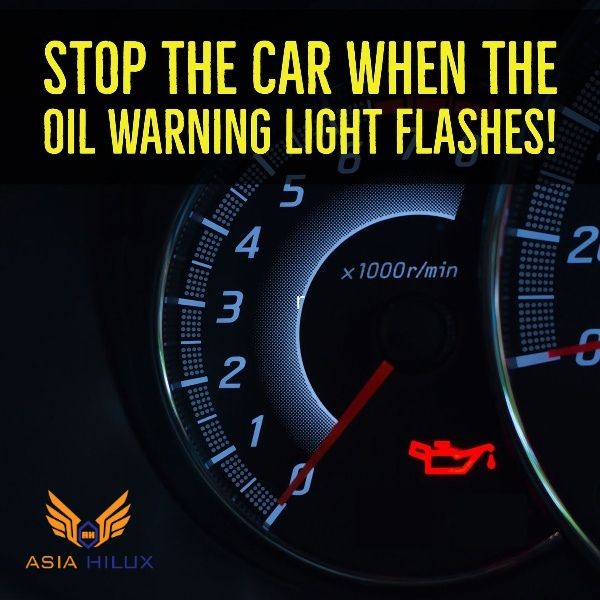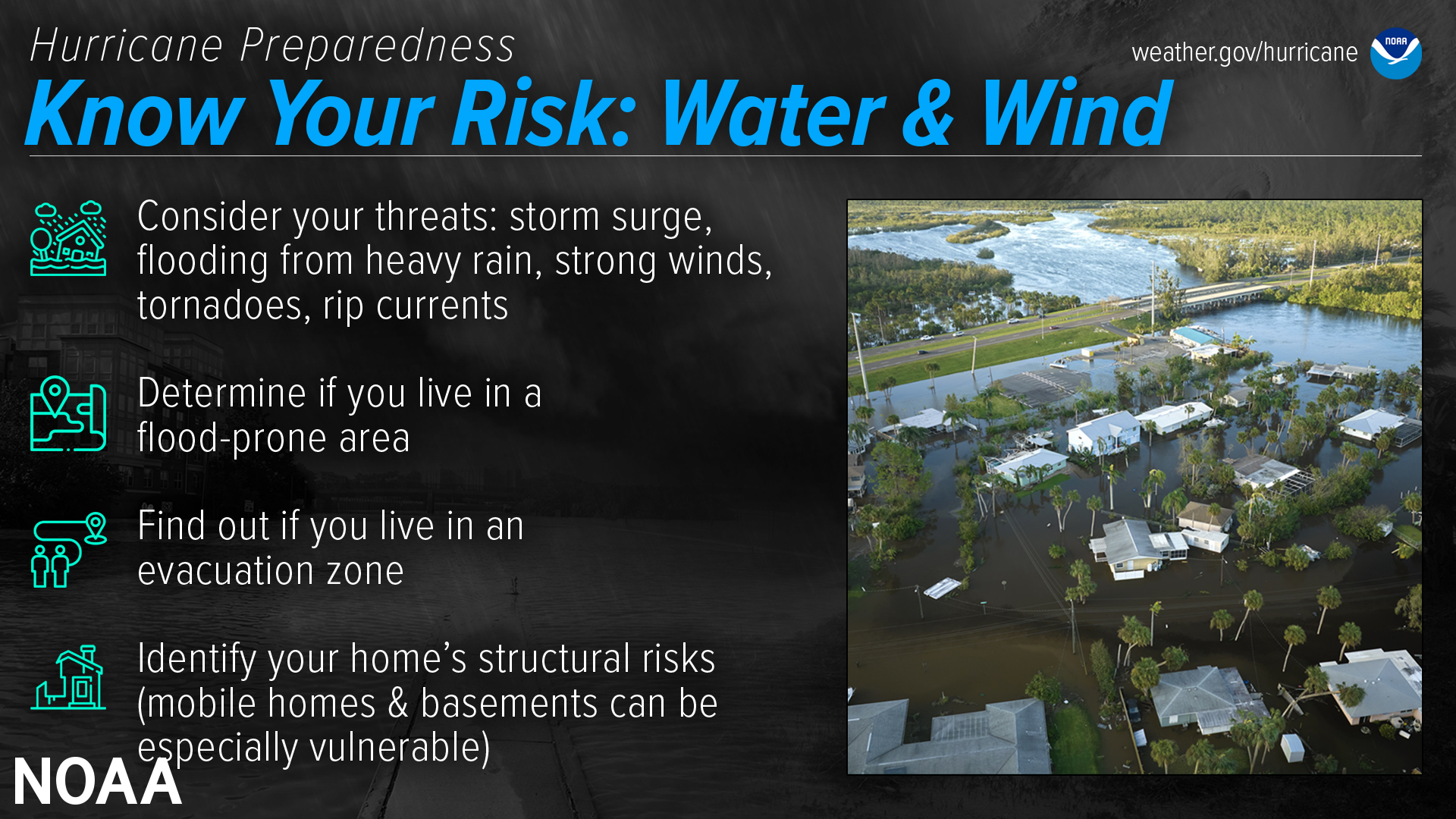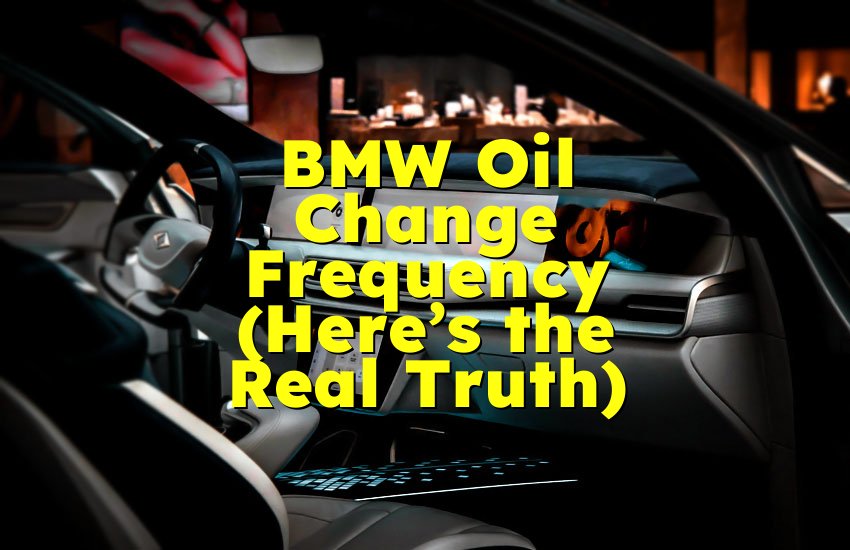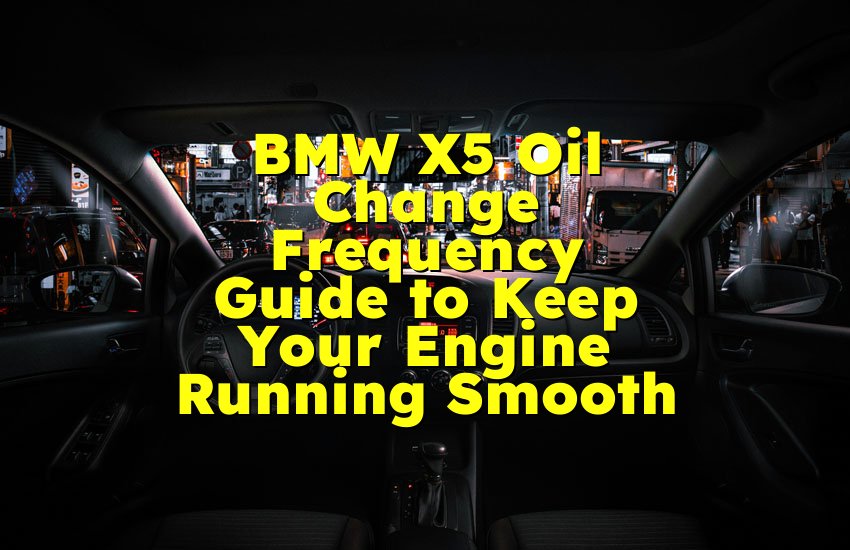As an Amazon Associate, I earn from qualifying purchases at no extra cost to you.
Car Makes Noise When Pressing On Gas: Uncover the Hidden Threats
When pressing on the gas, a car making noises can indicate issues with engine or exhaust components. It is crucial to diagnose and address the problem promptly to prevent further damage.
Understanding the potential causes behind the noise, such as issues with the exhaust system, fuel injectors, or engine mounts, can help in effectively troubleshooting the problem. Regular maintenance, including checking for loose parts, worn-out belts, or exhaust leaks, can prevent such noises from occurring.
Seeking professional assistance for a thorough inspection and repair can restore your car’s performance and ensure a smooth driving experience. Addressing unusual noises promptly can save you time and money in the long run.

Credit: www.hbo.com
Common Causes Of Noises
When your car starts making noises when you press on the gas pedal, it can be a cause for concern. Understanding the common causes of these noises can help you identify and address the issue promptly.
Exhaust System Issues
Noises related to the exhaust system can be caused by leaks, loose components, or a faulty catalytic converter. These issues can lead to unusual sounds such as hissing, rattling, or booming when accelerating.
Engine Troubles
When your car makes strange noises from the engine when pressing the gas pedal, it could be due to problems with the spark plugs, belts, or valves. Ignoring these issues can lead to performance problems and reduced fuel efficiency.
Transmission Problems
Issues with the transmission system can also cause noises when accelerating. Problems such as worn-out clutches, low transmission fluid, or damaged gears can result in whining or grinding sounds when you press on the gas.

Credit: www.linkedin.com
Identifying The Noise
When you notice your car making unusual noises when you press on the gas pedal, it’s important to identify the source of the noise. By determining the cause, you can address the issue and prevent further damage to your vehicle.
When you experience your car making unusual noises when pressing on the gas pedal, it’s essential to identify the source of the sound to address any potential issues promptly.Types Of Noises
Cars may produce various types of noises when accelerating, including whining, grinding, squealing, or clunking sounds. Each noise can indicate a different problem with your vehicle’s engine, transmission, or exhaust system.When The Noise Occurs
Pay attention to whether the noise occurs while accelerating, idling, or shifting gears. This information can help mechanics diagnose the issue accurately and efficiently.When you notice your car making unusual noises when pressing on the gas, identifying the type and timing of the noise is vital.Impact Of Driving
Pressing on the gas pedal in a car can sometimes result in a noticeable noise. This sound could be due to various reasons such as a faulty exhaust system, worn-out engine components, or issues with the fuel intake system. It is crucial to identify and address the cause to ensure a safe and reliable driving experience.
Impact of DrivingWhen your car makes a noise when pressing on the gas, it can impact your driving experience in several ways. Addressing the issue promptly is vital to ensure safety and maintain the vehicle’s performance. Ignoring the problem can lead to potential risks and further damage to the vehicle.Possible Risks
Pressing on the gas pedal and hearing an unusual noise can signify underlying mechanical issues. Ignoring these warning signs may lead to a decrease in vehicle performance and fuel efficiency. Continued driving with the problem may result in more severe damage, potentially compromising the safety of the driver and passengers. It’s crucial to identify and address the root cause of the noise to prevent these risks.Warnings To Heed
When your car makes unusual noises while accelerating, it’s essential not to overlook the situation. Ignoring the warning signs can lead to costly repairs and potential safety hazards. It’s imperative to pay attention to the vehicle’s behavior and take proactive measures to address any abnormal noise. Consulting with a certified mechanic and promptly dealing with the issue is the best approach to ensure the safety and performance of the vehicle.In conclusion, when a car makes a noise when pressing on the gas, it’s crucial to acknowledge the potential risks and take heed of the warnings to address the issue promptly and ensure the safety and performance of the vehicle.
Credit: www.weather.gov
Addressing The Issue
When your car starts making noise when you press on the gas, it can be concerning and also annoying. However, it’s crucial to address the issue promptly to avoid any potential damage to your vehicle. In this section, we will guide you through the diagnostic steps and explain when it might be necessary to seek professional help.
Diagnostic Steps
If you’re hearing unusual noises when you step on the gas pedal, it’s important to first identify the source of the problem. Here are some diagnostic steps you can take to pinpoint the issue:
- Listen closely to the noise and try to determine where it’s coming from. Is it coming from the engine compartment, the exhaust system, or elsewhere?
- Check for any visible signs of damage or leaks. Look under the car, inspect the engine, and examine the exhaust system for loose components or rusted areas.
- Pay attention to any additional symptoms your car may be experiencing, such as a decrease in power or poor acceleration. These observations can help you narrow down the possible causes.
- If you have access to an onboard diagnostic (OBD) scanner, plug it into your car’s OBD port to check for any error codes. These codes can provide valuable information about the underlying issue.
- Consider the type of sound you’re hearing. Is it a clicking noise, a squealing sound, a grinding sensation, or something else? The specific noise can provide clues about the problem.
Seeking Professional Help
While some car issues can be resolved by following the diagnostic steps mentioned above, there may come a point when professional assistance is required. Here are some situations where it’s best to seek help from a qualified mechanic:
- If you’re unsure about the diagnosis or unable to identify the source of the noise, a mechanic can conduct a thorough inspection and provide an accurate assessment.
- When dealing with complex systems like the transmission or differential, it’s best to leave the diagnosis and repair to professionals who have the necessary expertise and tools.
- If the noise is accompanied by other symptoms like a persistent check engine light or a burning smell, it’s crucial to have a mechanic investigate the issue to prevent any further damage.
- For newer cars that are still under warranty, it’s advisable to consult with a dealership or authorized repair center to ensure the issue is addressed without voiding the warranty.
Maintenance Measures
Notice your car making noise when accelerating? Regular maintenance can address these issues. Ensure proper inspections and timely repairs to prevent further damage.
Regular Checks
Regular maintenance checks are crucial for keeping your car running smoothly and preventing any excessive noise when you press on the gas. Taking the time to inspect various components of your vehicle can help you identify and address potential issues before they escalate into more significant problems. Here are the key areas you should include in your regular maintenance checks:
- Engine Oil: Regularly check and change the engine oil as it lubricates the internal parts of your car’s engine, reducing friction and preventing excessive noise. Follow the manufacturer’s recommendations for oil change intervals.
- Spark Plugs: Ensure that your spark plugs are clean and functioning correctly. Faulty spark plugs can cause rough idle and noise during acceleration. Replace them as needed following the manufacturer’s guidelines.
- Air Filter: A clogged air filter can restrict airflow to the engine, leading to poor performance and unwanted noises. Inspect and replace the air filter according to your car’s maintenance schedule.
- Belts and Hoses: Check for any signs of wear or damage on your car’s belts and hoses. Cracked or damaged belts can cause squealing or grinding noises when accelerating. Replace them promptly if needed.
- Exhaust System: Inspect the exhaust system for any leaks, holes, or loose connections. These issues can lead to abnormal noises when pressing on the gas. Take your car to a professional if you notice any problems with the exhaust system.
Preventive Actions
Aside from regular checks, there are several preventive measures you can take to minimize the risk of your car making noise when you accelerate. Implementing these actions can help maintain your car’s longevity and prevent costly repairs:
- Use High-Quality Fuel: Opt for reputable gas stations and fill up your car with high-quality fuel. Poor fuel quality can lead to engine knocking and noisy acceleration.
- Drive Smoothly: Avoid sudden starts and harsh acceleration as they can strain your car’s engine and contribute to excessive noise. Gradually press on the gas pedal to achieve a smoother ride.
- Regular Tune-ups: Schedule regular tune-ups with a trusted mechanic to ensure that your car’s engine is in good condition. They can detect and address any potential issues before they become major problems.
- Keep Tires Properly Inflated: Maintain the correct tire pressure as specified by the manufacturer. Under-inflated tires can cause your car to work harder, resulting in increased noise when pressing on the gas.
- Drive Responsibly: Avoid overloading your car with excessive weight and abide by the recommended weight limits. Excess weight can strain your car and contribute to unwanted noises.
Cost Consideration
When your car makes noise while pressing on the gas, cost consideration is crucial. Identifying the issue early through an inspection can save you money on potential repairs. Seeking professional help can provide accurate diagnosis and prevent further damage.
Cost ConsiderationWhen your car starts making unusual noises, especially when pressing on the gas, it can be concerning. Besides the potential safety issues, there's also the financial aspect to consider. Evaluating the repair costs and potential savings is essential in making an informed decision. Let’s delve into the financial side of dealing with a car that makes noise when pressing on the gas.Repair CostsThe cost of repairing a car that makes noise when pressing on the gas can vary widely depending on the underlying issue. Exhaust system repairs, issues with the fuel injectors, or problems with the transmission are just a few potential sources of the noise. Diagnostic tests may also be necessary to identify the exact cause, adding to the overall expenses.Potential SavingsAddressing the issue promptly can prevent it from escalating into a more significant and costlier problem in the long run. By seeking immediate professional inspection and repair, you can save yourself from potential future expenses and ensure the safety and efficiency of your vehicle. Regular maintenance and inspections can help identify and resolve issues early, preventing costly repairs down the road. Remember, prompt attention to unusual car noises can help you save both money and stress.In considering the cost of addressing a car that makes noise when pressing on the gas, it’s crucial to factor in both the immediate repair expenses and the potential long-term savings gained from early intervention and preventive maintenance. Prioritizing prompt attention to these issues can ultimately lead to reduced overall costs and a more reliable vehicle.Ensuring Safety
When your car makes noise when pressing on the gas, it can be concerning. Ensuring safety while driving is paramount, and understanding the precautions and emergency preparedness measures is essential for all car owners. Let’s explore the key elements to keep in mind to promote road safety and emergency readiness.
Road Safety Precautions
Safe driving practices are crucial for preventing accidents and mishaps. Some essential road safety precautions include following the speed limits, maintaining a safe distance from other vehicles, using turn signals before changing lanes, and anticipating potential hazards on the road. Regular vehicle maintenance, such as checking tire pressure, ensuring proper brake function, and routine oil changes, can help mitigate the risk of unexpected issues while driving.
Emergency Preparedness
Being prepared for unforeseen circumstances is vital. It’s advisable to keep an emergency kit in your vehicle, including items such as a first-aid kit, flashlight, blanket, water, and non-perishable snacks. Familiarize yourself with basic car repairs such as changing a tire or jump-starting a battery. Additionally, having a reliable roadside assistance service or emergency contact to call for help can provide peace of mind in case of unexpected car troubles.
Proactive Maintenance Tips
When your car makes a noise when pressing on the gas, it can be a sign of underlying issues. However, with proactive maintenance tips, you can prevent these problems and keep your car running smoothly for longer.
Diy Maintenance
Maintaining your car periodically can help prevent major issues. Check oil levels regularly to ensure proper lubrication.
Professional Maintenance Schedule
Adhere to the manufacturer’s recommended service schedule for tune-ups and inspections.
Conclusion
When your car makes noise while pressing the gas, it’s crucial to address it promptly. Ignoring these sounds can lead to potential mechanical issues. A professional inspection can help diagnose and rectify the problem, ensuring optimal vehicle performance and safety.
Don’t hesitate to seek professional help if you encounter these unsettling sounds.











